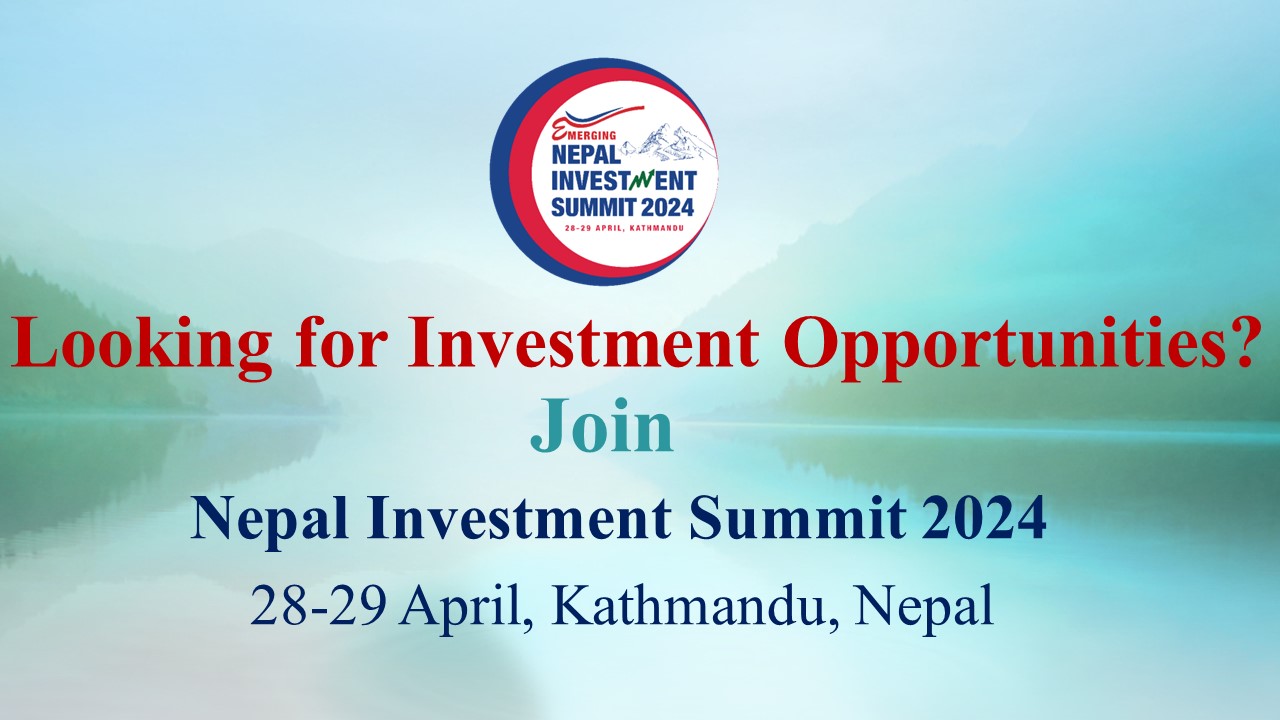Nepal and the United Nations
Nepal joined the UN in December 1955. Nepal has been regularly participating in the annual GA sessions since joining the UN. Nepalese delegations to the UN General Assembly session have been led at the ministerial level, some at the level of head of government and occasionally by the Permanent Representative. Nepal has been actively participating in negotiations for collective interests of Least Developed Countries, Landlocked Developing Countries, Nonaligned Movement and Group of 77 and China, including chairmanship of the group of LDCs during which the Istanbul Programme of Action (IPOA) was negotiated. Nepal also had the privilege of leading the Commission of Investigation into the Conditions and Circumstances resulting in the tragic death of the then Secretary-General Mr. Dag Hammarskjold who was killed in a plane crash in Lusaka in 1961. Mr. Rishikesh Shaha, leader of Nepalese delegation to the 16th GA session, was entrusted with this responsibility.
Peacekeeping and Nepal: Nepal has been contributing to the noble endeavor of UN mandated peace support operations around the world, starting from United Nations Observation Group in Lebanon (UNOGIL) in 1958. Nepal has contributed in more than 42 out of 71 peacekeeping operations with total contribution of over 126,000 peacekeepers. Currently Nepalese peacekeepers are serving in 15 out of 16 missions with 4,949 male and 161 female troops, ranking sixth largest Troop Contributing Country (TCC) and Police Contributing Country (PCC) with 73 personnel having made the ultimate sacrifice. It has also contributed through the provision of niche capabilities such as engineers, military police and special force contingents.
The devotion to duty and performance of Nepal has been widely acclaimed. Nepal has no restrictions in participating in robust peacekeeping (Chapter VII-based missions) and Nepalese peacekeepers have always accepted challenges and participated in highly challenging operations. Nepal also deploys without National caveats, facilitating the Military Component Commander to adequately exercise his Operational Control in fulfilling mandated tasks. We will continue to support such endeavors whole heartedly. Upon recent UN request, Nepal has deployed its Engineering Platoon (even for Six Months) and additional COE to UNDOF and 1 Guard Unit to UNAMSIL (Libya) is in the process to be deployed by the end of September 2016. Nepal has also successfully conducted its Assessment and Advisory visits from DPKO and DFS in July 2016 in reference to our pledge expressed at the Peacekeeping Summit last September for an Infantry Battalion and a Special Operation Force Company. With this Nepal is in the process of elevation to Level 3 in the Peacekeeping Capability and Readiness System (PCRS).
Nepal has a “zero tolerance” policy in sexual abuse and exploitation cases. UN policies regarding sexual exploitation and abuse and on the protection of human rights is strongly built into Nepal’s pre-deployment training courses. On that count, Nepal is also prepared to collaborate on various peacekeeping-related training packages to be conducted in Nepal. As per the Secretariat Principle, Nepal Army has already appointed 15 Officers as National Investigation Officers in 8 different Peacekeeping Missions from the deployed Contingents.
Nepal will continue to demonstrate its willingness and commitment in the accomplishment of the UN efforts. Nepalese long association and contribution in the peacekeeping needs to be further enhanced through greater representation at the senior position. Nepal will continue to support all the UN endeavors towards maintaining international peace and security.
Nepal in the UN bodies: Since joining the global organization, Nepal has been actively engaged in the various UN bodies. Positions/Memberships held in recent years include:
- Member of the ECOSOC (2003-2005; 2013-15)
- Chair of the 4th Committee of the 61st Session and 69th Session
- Member of Committee on Administrative and Budgetary Questions (2004-2006)
- Member of the Committee on Conferences (2005-2007)
- Member of the Programme Coordinating Board of on HIV/AIDS (2005-2007)
- Member of the Executive Board of UNESCO (2006-2009)
- Vice-Chair of the Group of the Least Developed Countries (2001-2006)
- Vice-Chair (NGO) of the Permanent Forum on Indigenous Issues (2005-2007)
- Vice President of the GA for the 64th Session (2009-2010) and 67th Session (2012-2013)
- Chair of the Working Group on Lessons learned of the Peacebuilding Commission (2010)
- Member of the Governing Body of the ILO from the Workers’ Group (2005)
- Member, then chair of the then Commission on Human Rights, 2004-2006
- Member of the Executive Board of the WHO 2003-2006
- Member of the Executive Board of the UNESCO 2006-2009
- Member, Organizational Committee of Peacebuilding Commission (2008-10; 2011-15)
- Member of the Commission on Social Development (2008-2011); President, 2013
- Bureau Member of the Group of the LLDCs (2010-14)
- Chair of Global Coordination Bureau of LDCs (2009-2012)
- Coordinator of the Consultative Group of the LDCs in the WTO for 2013
- Member of the Governing Body of the ILO from the Workers’ Group (2011-2014)
- Chairperson of the 5th Committee (Administrative and Budgetary) of the 70th Session
- Member (Expert) of Committee Against Torture (CAT) for 2014- 2017
- Member (Expert) of the Governing Body of the ILO (2014-2017)
- Member of the Executive Board of UNDP/UNFPA/UNOPS for the term (2014-2016) (Also Vice-President for 2015)
- Member of the Executive Board of UNICEF 2016-2018 (Also Vice-President for 2016)
- Member of the Executive Board of the World Health Organization (2014-2017)
- Member of the Executive Board of the UNESCO 2014-2017
- Member of the Committee under the Convention on Elimination of All Forms of Discrimination Against Women (CEDAW) for 2017-20
Nepal’s current Candidature(s)
- Nepal has presented its candidature for the membership of the Human Rights Council for the term 2018-19. Its election will take place in November 2017; interactive session with stakeholders due June-July 2017).

